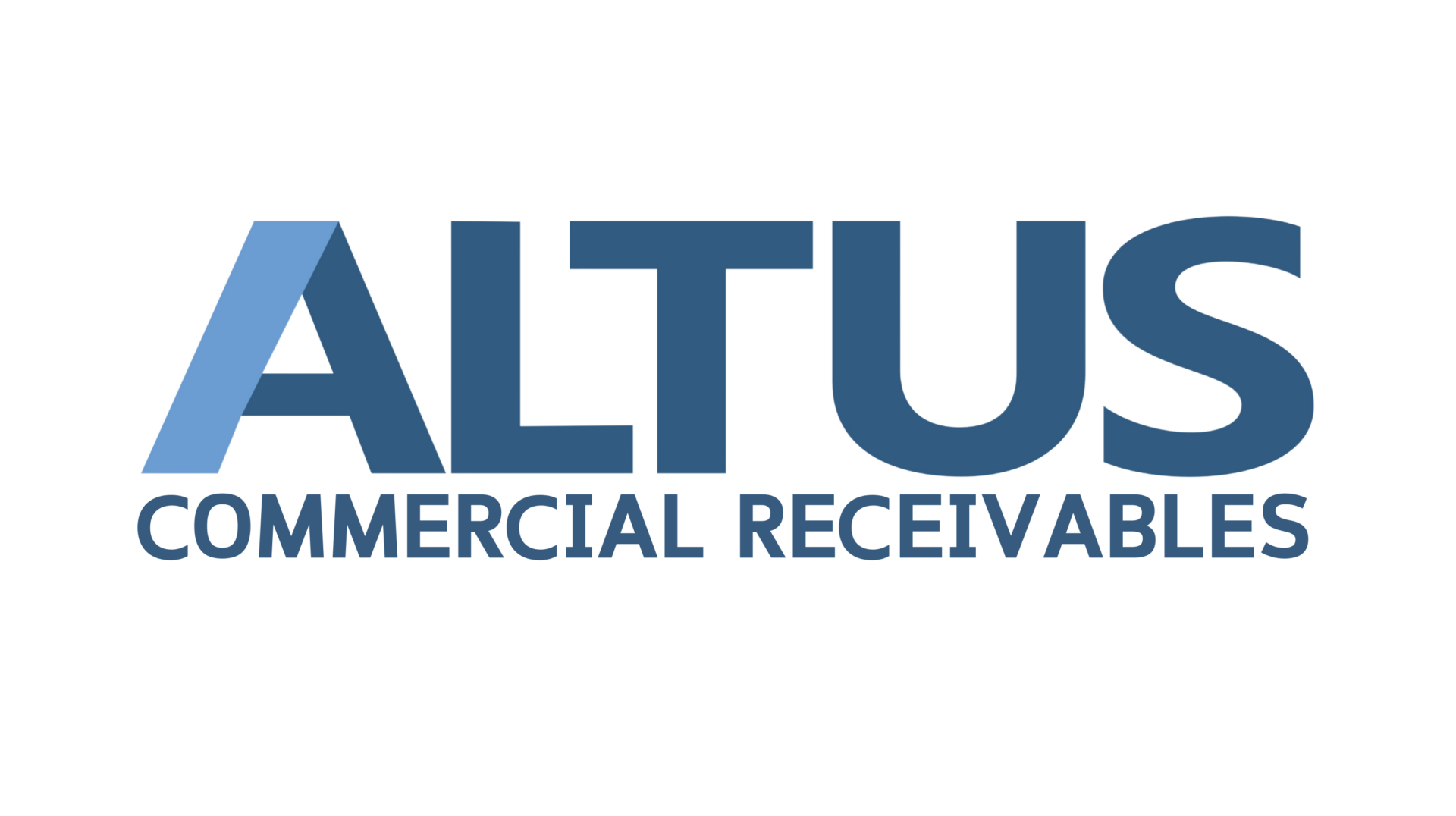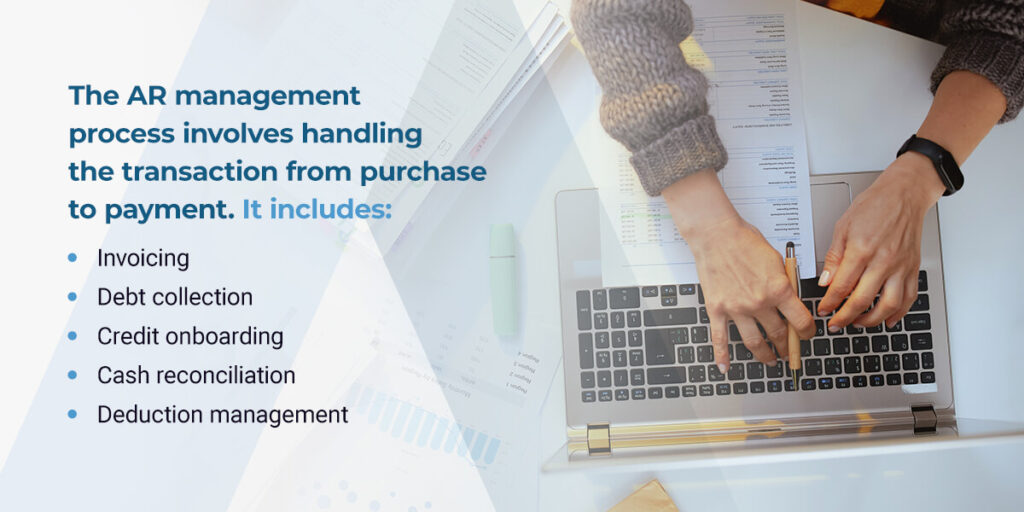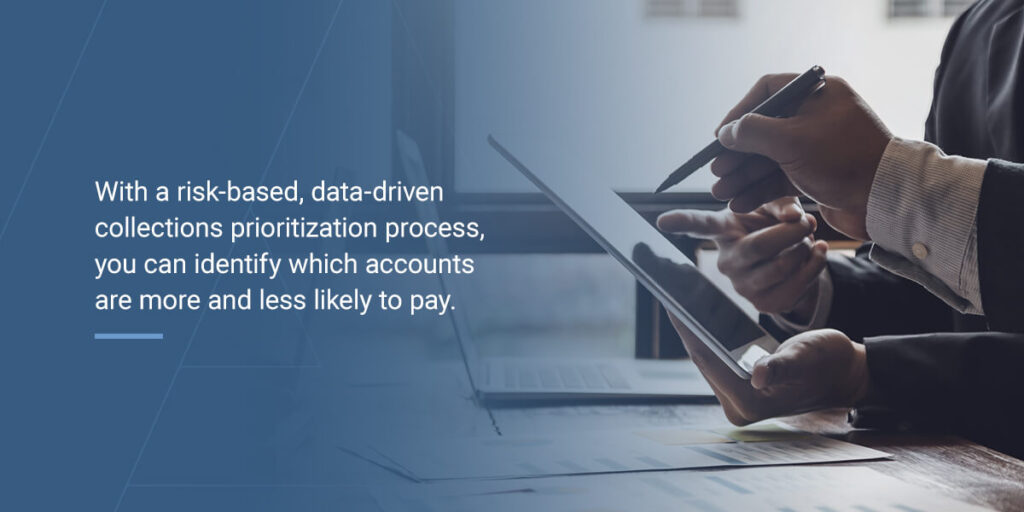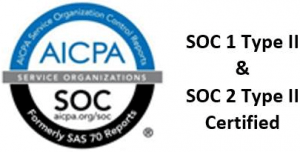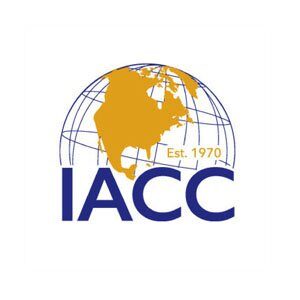
Your cash flow is your company’s backbone. Unfortunately, late payments and overdue invoices can be disruptive, which is why debt collection services are essential. As a debt collection agency, we understand accounts receivable management and what to do when you aren’t receiving the payments you deserve.
Below, we cover everything you need to know about accounts receivable management, including the definition of accounts receivable management, why receivable management services are necessary, how to prioritize collecting receivables, best practices and policies for accounts receivable management, problems of outsourcing this process, and key performance indicators (KPIs) to track.
What is Accounts Receivable Management?
Accounts receivable (AR) are your company’s outstanding invoices, or the money customers owe your business. The AR management process involves handling the transaction from purchase to payment. It includes:
- Invoicing
- Debt collection
- Credit onboarding
- Cash reconciliation
- Deduction management
Sometimes, customers don’t stick to your payment terms or pay their invoices promptly. For example, a customer may owe AR if they purchase a product from a vendor via a payment plan or business credit. If this occurs, your accounting team must dedicate time to chasing payments and make phone calls. That’s why so many businesses outsource the collection process to a debt collector.
The Impacts and Benefits of AR Management
When you need a third party to handle your company’s AR management and debt collection process, you should partner with a firm that offers this service. By implementing an efficient strategy for AR management or outsourcing to a third party, your business can enjoy various benefits, such as:
- Making your unpaid invoices manageable: A third-party management team can help organize your outstanding invoices so it is clear what funds you need to collect. Together, you can develop more effective management strategies to maintain better organization and visibility across operations.
- Using more effective solutions and strategies: In general, third-party companies specialize in debt collections and AR management. When working with your organization, they can deploy the best strategies and methods to optimize efficiency while preserving relationships with your clients and customers.
- Becoming less vulnerable to cash flow problems: Poor AR management can leave your company without the essential funds you need to maintain your business. Without payments from clients for products and services, budgets might become smaller and more restricted. While cash flow problems can limit regular operations, they can also make it challenging to respond to unexpected problems, like damages from natural disasters or market changes.
- Improving your odds of getting paid on time: With better strategies and organization, you can better collect invoices and debts from your clients and customers. More effective payment management and collection strategies and processes can ensure you consistently receive money on time, so you can better maintain business operations with a healthy budget.
- Streamlining processes with more advanced technology: Third-party AR management organizations dedicate their operations to providing excellent services to companies like yours. In-house AR management departments might have limited budgets that cannot support regular investments, but third-party groups have entire budgets at their expense. They can invest in the latest tools and resources to streamline and support operations for better services that benefit your company.
When determining the importance of AR management, you must understand how this solution and strategy can benefit your company.
How to Prioritize Collecting Receivables
Your AR management process shows you who owes your business money and the amount due. However, your AR management may not detail how or why these invoices are past due. To get the money your clients owe you, you should understand how to best prioritize collections and why accounts are overdue.
We recommend prioritizing collecting receivables by risk rather than by the outstanding amount. If you have additional data insights from a third-party data provider, we recommend leveraging these, too. With a risk-based, data-driven collections prioritization process, you can identify which accounts are more and less likely to pay. This process can help your staff avoid wasting time with attempting to collect long-overdue payments.
Tips for Speeding Up the Collections Process
Once you identify the customers with outstanding invoices and know how to prioritize collecting receivables, you should determine how to get the payments owed to your business. With a consistent collections policy, your business can streamline the process and improve your odds of success.
The best practices and policies for your company’s AR management process include the following:
- Sending invoices promptly: Your business should send invoices on time so customers know their payment due dates. Setting up an automated email invoice can be incredibly helpful. Customers automatically get emails before their due date and on their due date, so there is more than one reminder about the payment. Automation will also save your staff valuable time. These templated emails should include attached invoices and account statements.
- Monitoring accounts that are slow to pay: Monitor customers who tend not to pay on time. First, address any internal errors, such as deductions, price discrepancies, and billing mistakes. Then, send past-due notices. A slow-paying customer may require more personalized treatment, such as phone calls, contact with a sales representative, and written letters. These steps can help you collect overdue payments.
- Making it easy for customers to submit payments: When you remind your customers about their payment due dates, you should also include a convenient way for them to pay you online. Constantly waiting for checks to arrive in the mail will disrupt your cash flow. Though some B2B companies continue to mail paper checks, more are transitioning to digital payments. Be sure to offer a way for customers to make payments via credit card or bank account.
- Offering incentives for accounts that meet payment deadlines: You can encourage clients to submit payments on time or even early with incentives for timely payments. You might offer future discounts for goods and services or waive fees related to payments. These incentives can boost your relationship with clients while encouraging them to take initiative over their payment history.
- Optimizing reminders with multichannel approaches: Clients often require reminders to submit timely and regular payments. A multichannel approach can optimize the reminder processes because it can cater to various client preferences. While one client might benefit from email reminders, another might use text messaging more. With reminders from various mediums, they can better remember their requirements and submit payments properly.
- Keeping contact with clients until they commit to something: When making collect calls as part of your AR management, you can improve your success rate by keeping your client on the call until they commit to some kind of compromise or payment. If they are low on funds, even a partial payment or a payment plan can hold them responsible for their debt. Even scheduling a follow-up call can increase the chance of the client paying.
- Outsourcing your accounts receivable management process: One of the best steps you can take to streamline your AR management process is to outsource your needs to a commercial debt collections agency like Altus. When you partner with us, we can help you get the payments people owe you.
Collection calls can be uncomfortable and challenging, but with the right resources and strategies, you can optimize your time with clients and customers to receive payments and settle debts.
Issues With Outsourcing Your Receivable Management Services
Some businesses hesitate to outsource their AR to a third party because there are some potential issues with doing so.
- Belligerent debt collectors: Some debt collectors can be rude or unpleasant to deal with during the collection process, which could lead to dissatisfied customers who choose not to purchase from your business again.
- Risk of negative impact on brand reputation: If you outsource your debt collection to unfriendly collectors, it could adversely affect your brand’s reputation and star rating.
As a result, some companies choose to handle their receivable management process themselves. However, there are many advantages to outsourcing, especially when you partner with a reliable debt collection agency like Altus. At Altus, we offer first-party services that allow us to uphold your brand reputation and standards. Though it’s up to you whether you outsource your AR to a third party, receivable management services are essential for any business.
Knowing how to choose a firm and assess its compatibility with your organization is crucial. Your chosen partner can strengthen your AR management processes and support your relationship with your clients.
KPIs to Track for Your Company’s AR
To ensure your efforts for AR management are successful, you should understand how to measure and track the effectiveness of the process with key performance indicators. Many AR teams use the following metrics.
- Collection effectiveness index: CEI demonstrates the success of your company’s collection efforts over time.
- AR turnover ratio: This accounting formula measures how efficiently your business is collecting debt and extending credit. This formula involves adding together your average accounts receivable and net credit sales.
- Days sales outstanding: DSO demonstrates how much time it takes, on average, to convert AR into cash. Use this KPI to determine whether you need to make a change in accounts receivable management. Learn more about increasing your cash flow.
Call Us at Altus for Receivable Management Services
At Altus, we are a commercial debt collection and AR firm. We work on behalf of businesses like yours to retrieve debt from customers and clients. We can help your business achieve its objectives, and you can trust us to customize our approach to your business’s specific needs. We’ve been providing our services since 1994, so we have expertise in numerous industries, including:
- Manufacturing
- Alternative lending
- Financial services
- Software and technology
- Distribution and transportation
Whether you need first-party commercial collections, third-party commercial collections, or legal forwarding services, you can contact us at Altus for more information about our services.
